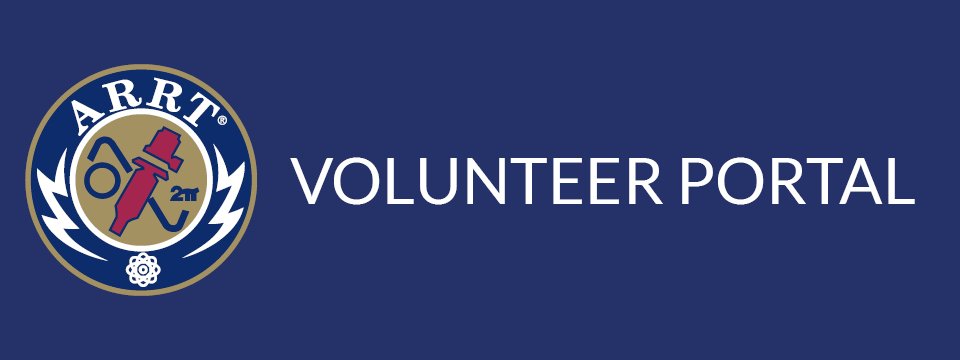This year, your local psychometricians attempted apply some psychometric theory to the art of picking out a bracket for the 2023 Women's NCAA basketball tournament. To score our brackets, we used the most common approach, assigning 32 points to each round and dividing by the number of predictions so that you earn 1, 2, 4, 8, and 16 points per round and a full 32 points for correctly predicting this year's champion. The results are in, and we will go in order from lowest to highest score.
Zachary based his picks on each team's mascot, believing that the true essence of each team would come through and guide him to success. Though he would have loved to see the unstoppable force of a Wolverine meet the immovable object that is a Terrapin, it was not meant to be. Knocked out after the Elite Eight, Zachary scored a total of 29 points.
Brandon relies on professional expertise when making his decisions, so he picked winners based on their initial tournament seed. When the four #1 seeds came together, he broke the tie with the year-end AP rankings. Miami (FL) and Ole Miss both put major holes in his bracket, so Brandon earned a total of 81 points.
Finally, Zachary and Brandon committed crimes against psychometrics and applied the Rasch model (the same one we use for ARRT exams) to the bracket problem. The data set included 361 teams (candidates) and 582 opponents (items), and the model estimated each team's ability based on which opponents they won or lost against. By picking the team with the greatest ability score, the Rasch model won this year's competition with a total of 115 points!
We had fun with this year's competition and hope that you enjoyed seeing the absurd things we can do with the statistical model that sits at the heart of our exams. Let us know if you are interested in seeing March Mathness return in 2024. We have plenty of competitors here at ARRT who could take on the esteemed Georg Rasch.





